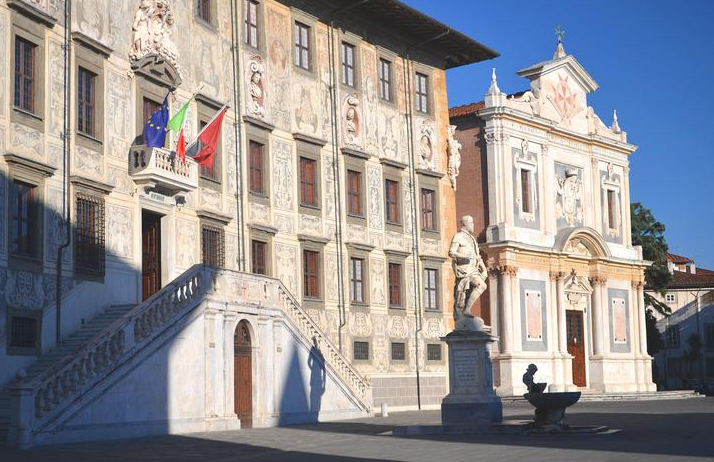The Moon is Beautiful isn’t it Meaning
The Moon Is Beautiful, Isn’t It? Means I love You.
The phrase “The moon is beautiful, isn’t it?” is a more poetic way of saying “I love you” in Japanese. It is a subtle and indirect way to express one’s feelings, which is in line with Japanese cultural norms.
Backstory of the Phrase
The phrase’s origins are often attributed to the Japanese novelist Natsume Sōseki (1867-1916). It is said that Sōseki once overheard a student translating “I love you” into Japanese as “Ware kimi wo aisu” (我君を愛す), which is a very direct and literal translation. Sōseki believed that this translation was too blunt and did not capture the nuances of Japanese culture. He suggested that the student use the more indirect phrase “Tsuki ga kirei desu ne” (月がきれいですね) instead.
The phrase “The moon is beautiful, isn’t it?” quickly gained popularity in Japan, and it is now widely used as a way to express love and affection. It is often used in romantic contexts, but it can also be used to express love for friends, family members, and other loved ones.
The phrase is particularly popular among young people in Japan. It is often used in manga, anime, and other forms of popular culture. It has also been featured in a number of popular Japanese films and television shows.
Why is the phrase “The moon is beautiful, isn’t it?” used to express love in Japanese?
There are a few reasons why the phrase “The moon is beautiful, isn’t it?” is used to express love in Japanese.
First, the moon is often associated with love and romance in Japanese culture. It is seen as a symbol of beauty, mystery, and longing. In many Japanese folktales and legends, the moon is a place where lovers meet and reunite.
Second, the phrase is a way to express one’s feelings indirectly. This is in line with Japanese cultural norms, which place a high value on politeness and reserve. Direct expressions of love and affection are often seen as impolite or embarrassing in Japanese culture.
Third, the phrase is a way to create a sense of intimacy and closeness between two people. When two people share a private joke or code word, it creates a sense of shared understanding and connection. The phrase “The moon is beautiful, isn’t it?” is often used in this way in Japanese culture. It is a way for two people to signal to each other that they have special feelings for each other.
How to respond to the phrase “The moon is beautiful, isn’t it?”
If someone tells you “The moon is beautiful, isn’t it?”, it is generally understood that they are expressing love or affection for you. There are a number of ways to respond to this phrase.
One common response is to say “Shin demo ii wa” (死んでもいいわ), which means “I can die happy.” This is a way to express that you are very happy and grateful for the other person’s feelings.
Another common response is to say “Sou desu ne” (そうですよね), which means “It’s true, isn’t it?” This is a way to hint that you feel the same way about the other person.
You can also respond by saying “Anata mo utsukushii” (あなたは美しい), which means “You are beautiful too.” This is a more flirtatious way to respond, and it is a way to show the other person that you are attracted to them.
If you are unsure how to respond, you can always simply say “Thank you.” This is a polite and appreciative response, and it is a safe option if you are not sure how the other person feels about you.
Examples of how the phrase “The moon is beautiful, isn’t it?” is used in Japanese culture
The phrase “The moon is beautiful, isn’t it?” is often used in Japanese manga, anime, and other forms of popular culture. For example, in the popular manga and anime series Sailor Moon, the character Tuxedo Mask often says this phrase to Sailor Moon. This is a way for him to express his love for her without being too direct.
The phrase is also used in a number of popular Japanese films and television shows. For example, in the film Spirited Away, the character Haku says this phrase to Chihiro. This is a way for him to show her that he cares about her and that he is there to protect her.
Conclusion
The phrase “The moon is beautiful, isn’t it?” is a unique and beautiful way to express love and affection in Japanese culture. It is a subtle and indirect way to communicate one’s feelings, and it is a way to create a sense of intimacy and closeness between two people.
Visit Techbeast for more interesting articles.






